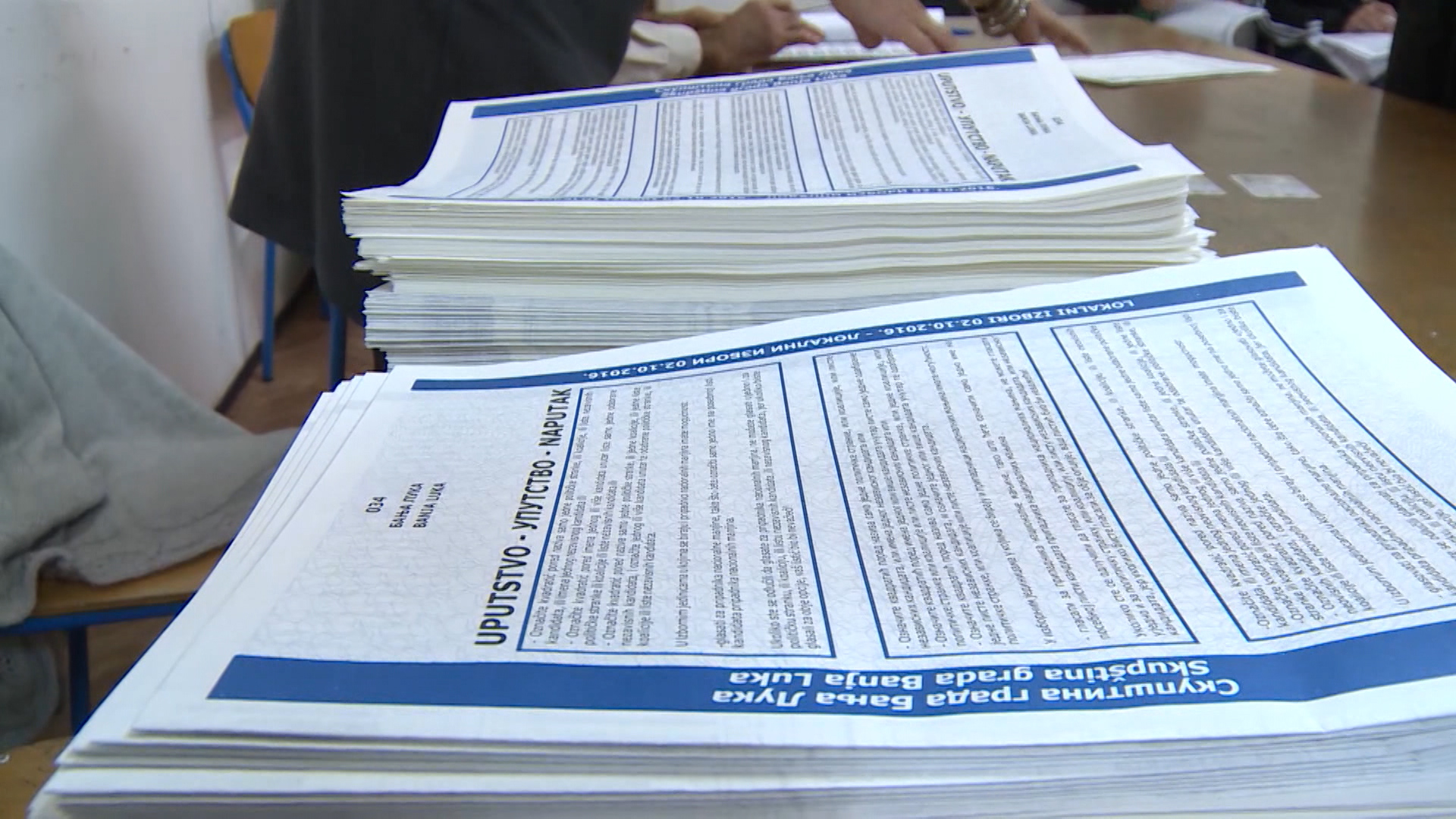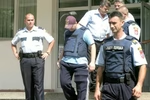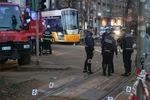Central Election Commission to report identity theft cases

Bosnia’s Central Election Commission (CEC) confirmed on Monday it had sufficient evidence to file reports with the Prosecutor’s Office regarding the identity theft cases and violation of the election process.
Oglas
“The Central Election Commission of Bosnia and Herzegovina will be gradually delivering the information with corresponding documentation to the Prosecutor’s Office of Bosnia and Herzegovina. We have planned to deliver the first information to the Prosecutor’s Office within the next two days, and we are certainly working on documenting the other cases,” said CEC Spokesperson, Maksida Piric.
The Commission has received so far 150 reports through municipal election commissions and police bodies. The reports were submitted by citizens who were the victims of identity theft.
The first of a possible election fraud case was reported the last week by Anel Kajtezovic, a Bosnian national who learned he was registered in Austria instead of Bosnia – his current place of residence.
Oglas
Piric then explained the Central Election Commission had no legal competencies to conduct an investigation into such case.
A local election watchdog, Coalition ‘Pod lupom’, demands that the list of all those voting in absence is made public. The Commission said this was not possible.
“Coalition ‘Pod lupom’ calls on the Central Election Commission to make public the list of the voters who vote in the postal voting, of course, while their personal data is protected but names and surnames disclosed, as well as the municipalities and the countries where they’re registered for the voting,” said the Coalition’s Dario Jovanovic.
According to Piric, there is no legal basis to publish the names. Instead, the Central Election Commission will deliver the central list of voters to the municipal election commissions and urge them to call on the voters to check if they were regularly registered.
Oglas
Activists have noticed other irregularities in the election process. According to Jovanovic, Bosnian citizens abroad, particularly in Serbia, were pressured to register for the postal voting.
“Pressures on students from Bosnia and Herzegovina in Novi Sad, who were offered money in return for their personal data and registrations for the postal vote on their behalf, as well as the mass partisan campaigns for the postal voting in other countries, threats with layoffs in public sector, out-of-date lists (of voters) in municipalities, early campaign,” Jovanovic warned.
Bosnia’s Criminal code stipulates sanctions for election fraud but no prison sanction has been rendered so far.
Kakvo je tvoje mišljenje o ovome?
Učestvuj u diskusiji ili pročitaj komentare
Oglas
Kakvo je tvoje mišljenje o ovome?
Učestvuj u diskusiji ili pročitaj komentare
Oglas





 Srbija
Srbija
 Hrvatska
Hrvatska
 Slovenija
Slovenija



























































